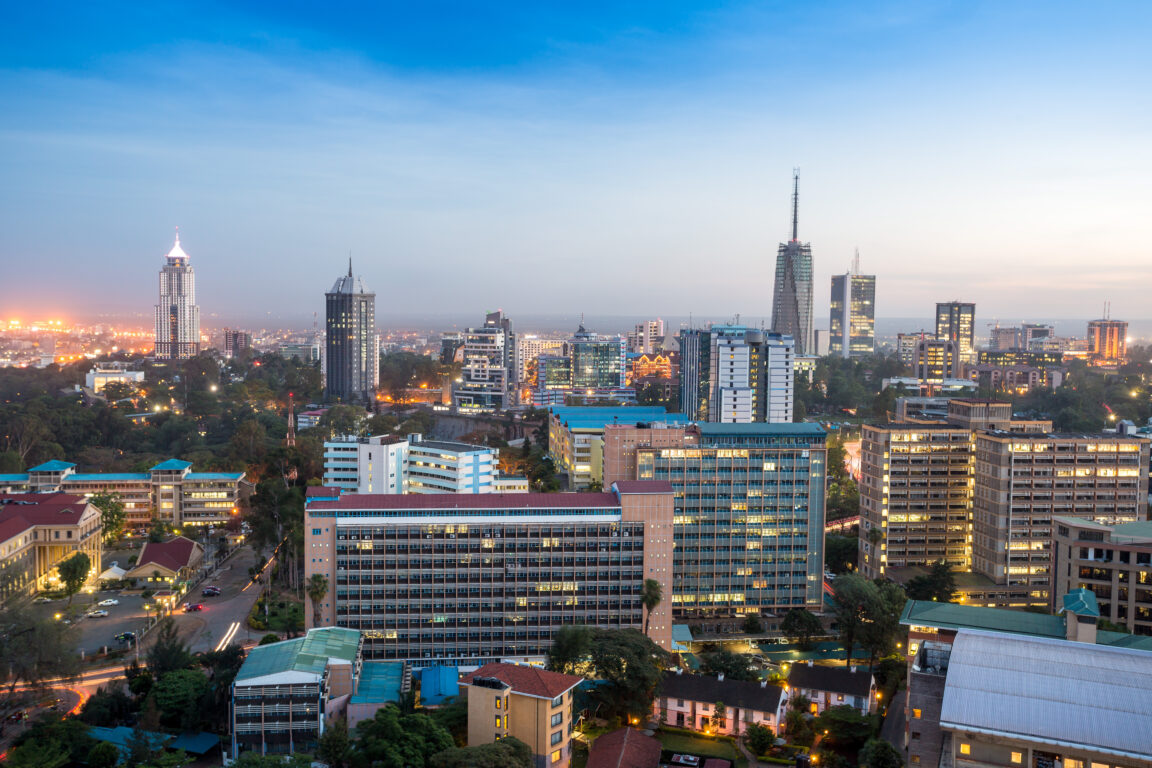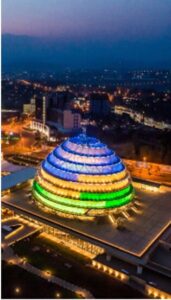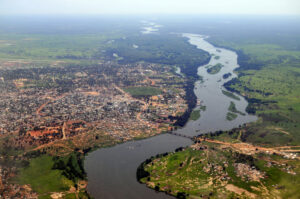Trade and Financial Service Round-Up: Issue No. 10 of 2025

KENYA
Stan-Chart to pay record Sh14bn final dividend as profit soars
Standard Chartered Bank Kenya is to pay a record dividend of Sh13.9 billion after posting a 45 per cent jump in its full-year profit to Sh20.1 billion for the period ended December 2024.
The bank has declared a dividend of Sh37 per share, taking its total dividend payout for the period to Sh45 per share, after paying an interim dividend of Sh8 per share in October last year.
The bank’s 45 per cent growth in net profit was largely driven by higher income, which rose 21 per cent to Sh17.4 billion from Sh12.4 billion.
(Nation)
TANZANIA
Over Tsh460bn project set to transform dairy sector
The government has launched an ambitious 10-year climate-smart smallholder dairy transformation project (C-SDTP) worth USD174.3 million (about Tsh461.2bn). The project aims to mitigate the effects of climate change and boost the performance of the country’s dairy sector.
C-SDTP will be implemented across 28 districts on the Mainland and Zanzibar, and will seek to transform the dairy sector’s value chain by enhancing productivity and improving the livelihoods of smallholder dairy farmers in rural areas. Gracing the project’s inception workshop in Dodoma, Ministry of Livestock and Fisheries Permanent Secretary Prof. Riziki Shemdoe urged officials involved in its execution to ensure accountability and value for the funds.
(Daily News)
UGANDA
Atiak factory chews USh668b with no sugar to show
Atiak Sugar Factory, which has drained Ugandan taxpayers’ money for the past four years, has once more benefited from the recently-passed USh4.2 trillion supplementary budget, sparking public outrage.
The factory, a joint venture between the government and Horyal Investment Holdings Company Ltd, received an additional Shs115 billion last week.
This brings to USh668b the total investment the government has pumped into the venture since 2020.
(Monitor)
 RWANDA
RWANDA
Rwanda’s gold refinery under fire as sanctions threaten key export
Rwanda’s promising gold export industry has been dealt a serious blow after the European Union (EU) imposed sanctions on the Gasabo Gold Refinery, one of the country’s main refining facilities.
The move, which also targeted Francis Kamanzi, CEO of the Rwanda Mines, Petroleum, and Gas Board, signals a tougher EU stance on Rwanda’s alleged role in the illicit minerals trade. The Gasabo refinery has been processing gold across the region since it opened in June 2022, allowing traders to fetch higher prices for refined exports rather than selling raw gold at lower rates.
However, with these latest sanctions, Rwanda’s entire mineral trade is under scrutiny. The country’s gold exports have been potentially flagged as conflict resources—a classification that could make them unfit for sale on the global market.
The EU’s statement was explicit in its accusations. It described Gasabo as a transit point for gold mined illegally in the Democratic Republic of Congo (DRC) and accused Rwanda of facilitating illegal exports.“Gasabo Gold Refinery based in Kigali is where the gold illegally extracted in Congo is transited through, hence contributing to the illicit export via Rwanda,” the EU said.
(The East African)

SOUTH SUDAN
FIU steps up intelligence efforts to fight financial crimes
South Sudan’s Financial Intelligence Unit (FIU) has stepped up efforts to combat financial crimes such as money laundering, corruption, and tax evasion. As the country’s national financial intelligence centre, the FIU is working to align South Sudan’s financial system with international standards.
Dr. Abraham Tilar, Executive Director of the FIU, revealed that South Sudan remains on the Financial Action Task Force (FATF) grey list, where it was placed in 2021 due to weaknesses in its anti-money laundering and counter-terrorism financing measures. He added that the country was initially given 29 requirements to meet, with 12 still outstanding.
(Eye Radio)

